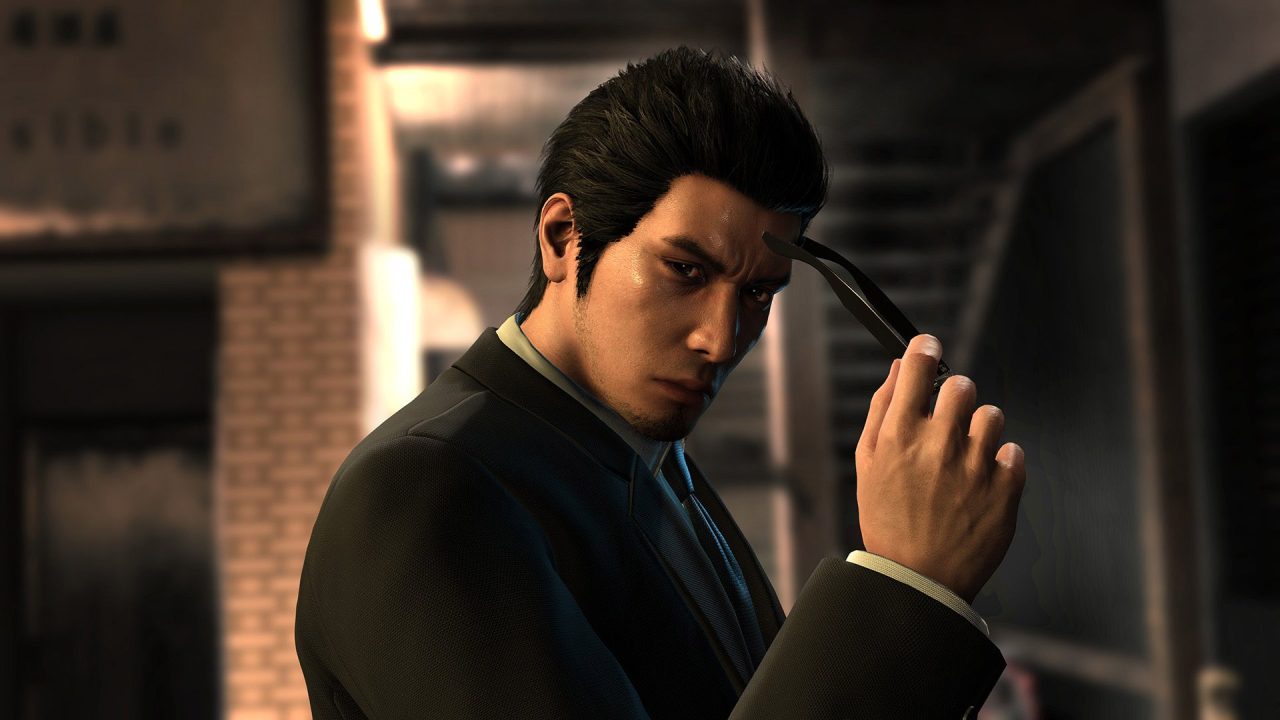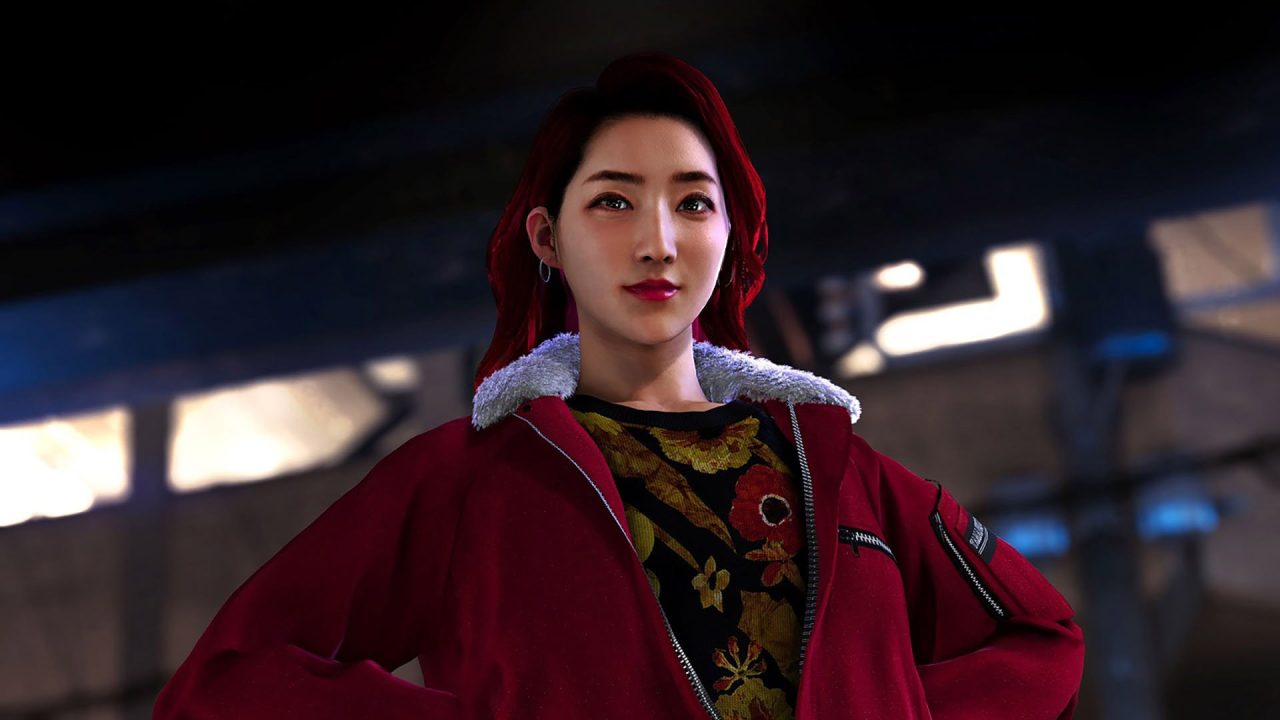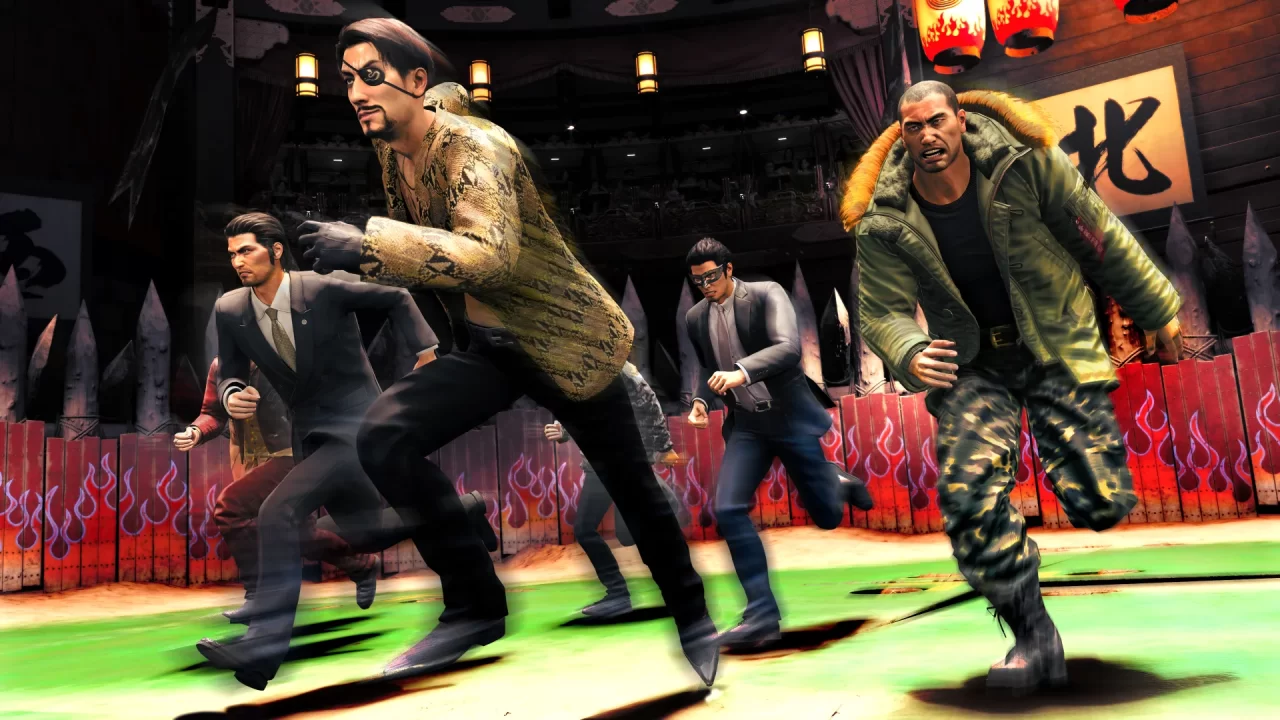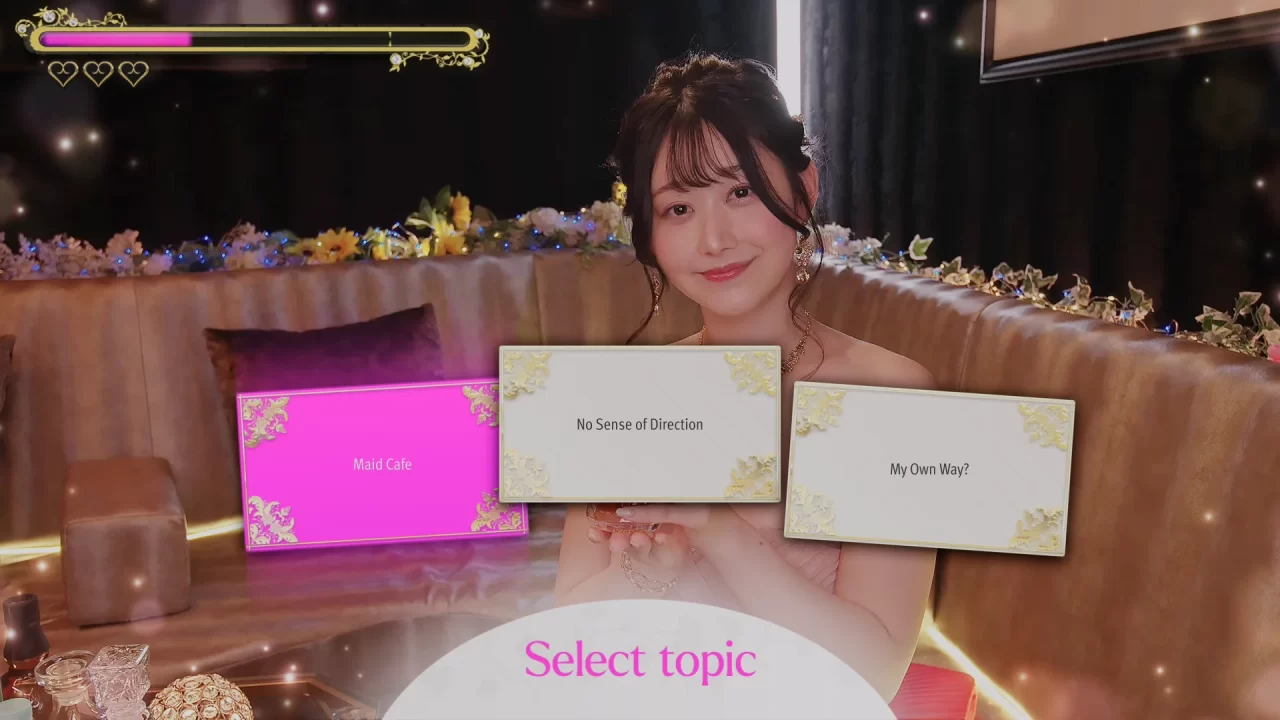Yakuza has been undergoing some changes in the last few years.
After Kazuma Kiryu’s thought-to-be last hurrah in Yakuza 6: The Song of Life, RGG Studios started expanding its brand. The Judgment spin-offs began to push the storytelling in new directions, while the seventh entry, Yakuza: Like a Dragon, introduced a brand-new main protagonist and an inspired turn-based battle system. And with the departure of the series’ long-standing producer, Toshihiro Nagoshi, it looked to be a new start, as all future titles would drop the name “Yakuza” and instead embraced the Japanese name, “Like a Dragon.”
Unfortunately, Like a Dragon Gaiden: The Man Who Erased His Name doesn’t appear to have gotten the memo, as it is clearly just a “Yakuza” and not a “Like a Dragon” game.
Kazuma Kiryu is in crisis. After the events of Yakuza 6, he accepted the help of a secretive government agency called the Daidoji faction to fake his death to protect his loved ones. In return, he has been given a new identity as “Joryu” and will do periodic “missions” for the faction as one of their agents, equipped with high-tech spy gadgets. During one of these routine missions to protect a gold shipment from hijacking, he is recognized by an assailant, setting off a chain reaction that threatens both his cover and the security of the Daidoji faction. Kiryu must return to Sotenbori, his old stomping grounds from Yakuza 2, to track down the hijackers and discover their motives. What he discovers will shake the foundation of his agreement with the Daidoji, familiarize him with the heroics of one Ichiban Kasuga, and possibly reshape the future of the yakuza in Japan forever.
The Like a Dragon series has long based itself on a system of recycling content, and I do not mean that in a bad way. In fact, this is something I love. Locations, especially Kamarocho, are constantly reused, and minigames, such as golf, karaoke, and darts, have been in place for decades without any real differences between entries. However, in Gaiden, this recycling also extends to the storyline and gameplay more than ever before.
Much of what’s here we’ve seen before, and done much better. Kiryu separated from his friends and loved ones, living under an assumed name? Yakuza 5. Kiryu exploring Sotenbori? Yakuza 2. Kiryu using money as experience points to learn new skills? Yakuza 0. But hey, who cares so long as the storyline is engaging, right?
Yakuza games have always celebrated melodrama and over-the-top reveals, but in Gaiden, it feels like almost every plot twist makes little sense in the context of the characters, their histories and relationships, and the overall story they are trying to tell. If you want to make Kiryu into a secret agent, neat idea, go to it! But making him entirely subservient and bizarrely loyal to a secret organization that holds his kids as hostages, threatening to murder them whenever he disagrees with their actions? Kiryu has canonically made some spectacularly poor decisions in his life, but this is one that I don’t buy.
Especially because, in the conclusion of Yakuza 6, it’s apparent that he is doing the Daidoji faction a favor by “dying.” Here, they hold his “death” over him like they were the ones doing him the favor. On top of that, they keep sending him out on missions to deal with yakuza, with the dire warning that “If you blow your cover, your family will pay.” Well, then maybe don’t send the most identifiable ex-yakuza in the country out to beat up a bunch of people who will likely recognize him on sight? And then there is Kiryu’s exhaustingly endless refrain of, “You have me confused with someone else,” whenever someone says, “Hey, it’s the Dragon of Dojima! Aren’t you dead?” At points in this story, how I wish he was!
Though there are some incredibly touching moments late in the game, for the most part, I was painfully disappointed with much of the writing, especially rolling my eyes at the conclusion of the second chapter. I understand that Yakuza’s writing can be an acquired taste, but here, the taste has gone sour. And on top of all that, we get what might be the most blatantly queer-coded villain in the series’ history, with an extra helping of Korean-directed racism tossed on top. Talk about playing the hits. Come on, RGG, I thought you could do better!
One thing that I did enjoy was how the story ties into the events of Yakuza: Like a Dragon in its later chapters, seeing how things played out from the perspective of Kiryu. Getting multiple perspectives on the same events is always a good time, and the added context to the world-shaking events of LaD was seamlessly woven in, to the point where I could almost hear Paul Harvey saying, “…and now you know the rest of the story.” I just wish the path to get to those events was less painful.
For me, the real joy of Like a Dragon is usually in the substories, but they’ve also undergone a substantial change in Gaiden. Rather than helping any idiot on the street who asks for assistance finding their cat, you are assigned substories by the Sotenbori information broker/jack-of-all-trades, Akame (who may be my favorite character and definitely my favorite karaoke partner). While being assigned missions is certainly a more efficient method of finding substories, it isn’t necessarily better. Scouring the city to find folks who needed help was always one of the best reasons to explore every nook and cranny. Now, you are assigned a job, head to it, complete it, and head back for the next one. It might be a more straightforward system, but I found it less fun. Substories stopped being a spur-of-the-moment, help-a-random-woman-become-a-dominatrix sort of thing and just became another to-do list to get 100% completion.
The combat in Gaiden moves from the turn-based affair of Yakuza: Like a Dragon back to the real-time system of prior games, offering two distinct fighting styles to Kiryu. First is his iconic Dragon style, which is a welcome return to form. Nothing beats getting a perfectly timed Tiger Drop when an enemy least expects it. There is also the new Agent combat style that focuses on a variety of gadgets, including attack drones, exploding cigarettes, and a grappling hook watch. I had an absolute blast in fights with these, muttering “Go Go Yakuza Rocket Shoes” every time I zipped around the screen, fist outstretched towards a terrified grunt. My only issue with the combat is that it becomes utterly unbalanced after you start bringing in bucks at the Coliseum and can afford every upgrade.
Speaking of that, the new side content is hit-and-miss. A significant “hit” is the merging of the management sim minigame with the Coliseum. Kiryu can find and train fighters to participate in massive group battles that can rake in big, big money. These fights are typically chaotic but super fun. I am surprised it took this long to combine the management minigame with Coliseum combat, but it works beautifully. Mind you, it also completely breaks the game at higher levels when you are receiving millions of yen per fight and can quickly purchase whatever upgrades you want, including damage boosts that make even the last boss into a trivial encounter, but that’s one of the gameplay disadvantages of making your currency into your experience points.
A significant side content “miss” is the cabaret club minigame. Now, this isn’t a return of the beloved management sim from Yakuza 0 and Kiwami 2. Instead, it’s a throwback to earlier entries like Yakuza 3 when you would visit cabaret clubs to date the hostess, but with one big difference. In past games, the hostesses would all be in-game models. In Gaiden, all interactions with them are live-action.
To me, the cabaret club minigame has always felt (as stated in-game by Akame) kind of pervy. But back when you were only chatting with in-game character models, it at least still felt like part of the game. When the girls are in live-action, it changes everything, feeling more like you’re playing a high-resolution, vaguely naughty SegaCD FMV game. Moving from in-game graphics to these live-action sequences gives every one of these interactions a sense of being in the reverse uncanny valley. Moreover, the video recording quality of these segments is terrible. You can actually see a ring light reflected in the eyes of each hostess, disrupting whatever “immersion” has been promised by the live-action interactions. The acting by each of the hostesses is fine (and in fact, one of them is making an appearance as an actual character in the next mainline entry), but the abrupt change in the visual presentation between gameplay and the cabaret club is so jarring that it instantly made me give up on 100% completion after getting the awkward “reward scene” with the first hostess.
What we have in Gaiden is gameplay honed to a razor’s edge over 20 years, with a story that actively made me dread every hackneyed, illogical plot twist and reveal. After playing Gaiden, I believe it would have been better suited as DLC for the upcoming Like a Dragon: Infinite Wealth or perhaps explored in a different form of media, like a manga or radio play. As it is, you have a relatively short Yakuza game overloaded with callbacks, references, and a nonsensical plotline (as compared to the borderline nonsensical plotlines the series is known for).
Thankfully, with Like a Dragon Gaiden: The Man Who Erased His Name behind us, RGG is set to forge ahead, blending new gameplay and characters with the distinct sense of humor and flair that made Yakuza so popular in the first place. Sadly, if you’re looking for one last enjoyable adventure with Kazuma Kiryu, I suggest playing Yakuza Kiwami 2 again. You’re going to get almost the same experience but with a much better plot, more intriguing characters, bigger stakes, and, most importantly, an awesome cabaret minigame.






